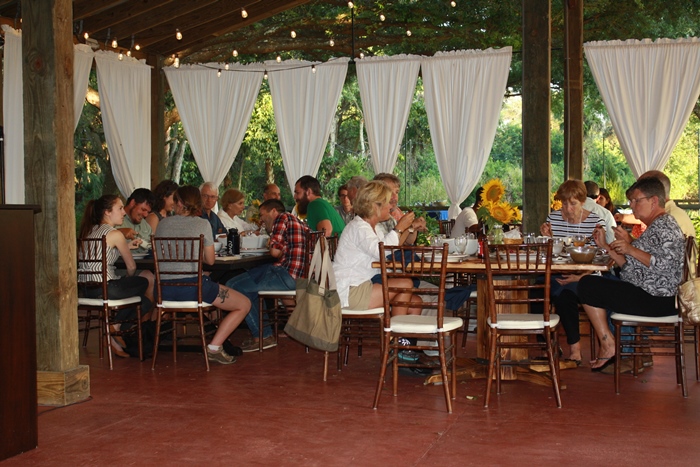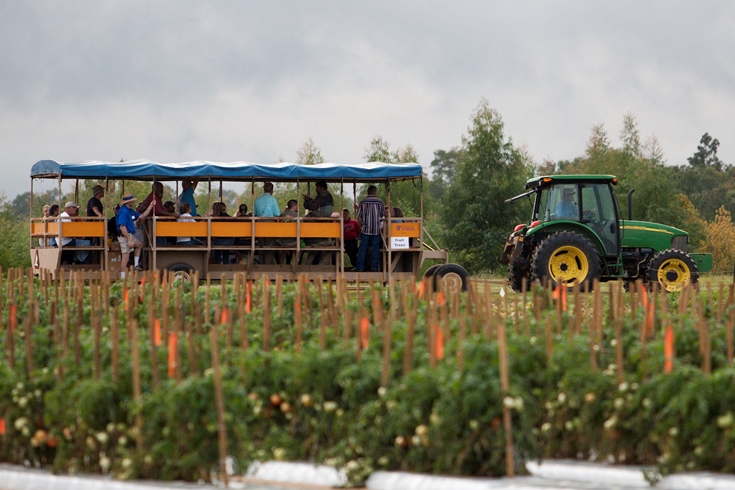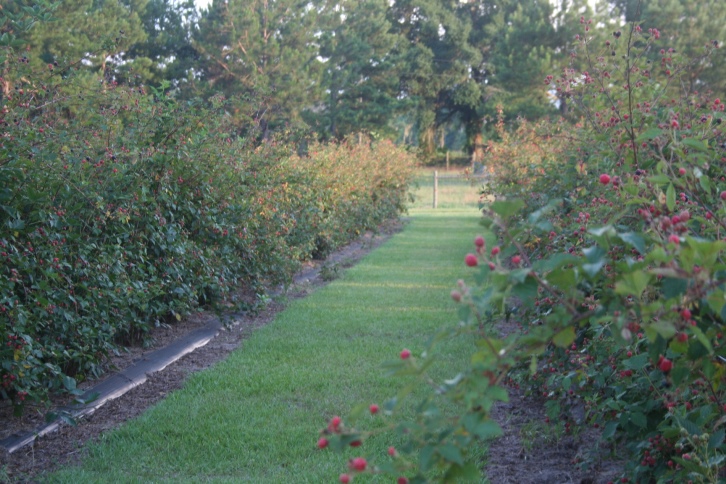By Mary Beth Henry, UF/IFAS Extension Polk County and co-leader for Small Farms Extension team
Agritourism marries Florida’s two largest industries, tourism and agriculture, to provide an on farm recreational experience for consumers. Florida experienced record tourism in 2015, with 105 million visitors spending more than $85 billion, according to VISIT Florida. The number of Florida farms offering recreational experiences more than doubled from 281 in 2007 to 724 in 2012, according to USDA Census of Agriculture data.

2013 Agritourism Law
Florida has recently passed new laws, key to developing agritourism. A 2013 change in the Florida Statutes reduced the liability for agritourism farms so long as a warning sign is posted indicating participation in agritourism activities involves inherent risks and notifying participants that by choosing to participate they are accepting these risks. The change does not protect gross negligence, but provides some assurance for farms on the fence about opening their farm to the public.
Included in those changes was language to prevent local authorities from imposing regulations to prevent agricultural operations from engaging in agritourism, however, many questions arose after the ink dried. Several operations found themselves in difficult circumstances, as local authorities grappled with the new law, which lacked a reference to enforcement of existing local regulations. The definition of agritourism itself was a point of confusion, especially where the on-farm activities were not clearly related to agriculture. Rustic on-farm weddings have become a hot trend but were not specifically cited as an agritourism activity.

2016 Improvements
The 2016 edition clarifies these questions with specific language to address the points of contention. Local governments are prohibited not only from enacting new regulations to limit agritourism but also from enforcing existing regulations. The concerns of local government were also addressed, however, with the addition of language that allows them power to address “substantial offsite impacts” of agritourism activities. Language to describe an agritourism activity was expanded and specifically includes civic and ceremonial activities.
What if I’m not Greenbelted?
One point that has not changed is that these activities are regarded as agritourism only when conducted on land that is classified as agricultural, i.e. land granted agricultural assessment value with the local property appraiser. Operations conducting similar activities on non- agriculturally classified land were hoping for a change here, however many fear this could result in issues down the line.
Change = Less Uncertainty
The bottom line here is that local governments now have more specific legal guidance on agritourism which should make for a smoother path for farms looking to open their farms to the public. Hosting weddings seemed to be a common issue of concern so having them and other ceremonies specifically included in agritourism activities should remove uncertainty for governments and make it easier for farms to offer these services.

Make Friends with your Neighbors
Removing the enforcement of existing local ordinances from the equation should help farms better anticipate regulations, even as local governments preserve their ability to get involved when substantial off site effects are expected. Inconsistency among local regulation policies makes it difficult to predict how widely this part of the new language will come into play. Discussions with local regulators thus far suggest the phrase “substantial off site impacts” is most often determined by what the farm neighbors think. The scale and frequency of agritourism activities can also play a role, as governments seek to protect the rights of neighbors as well as agritourism operations. The potential for off-site impacts, and thus local regulation, increase with scale and frequency of events. Common courtesy and open communication can go a long way in cultivating tolerance for what some neighbors might consider nuisance effects, such as increased traffic and noise.
Read the law yourself here!
2016 Florida Statues 570.85- 89 here
 0
0
